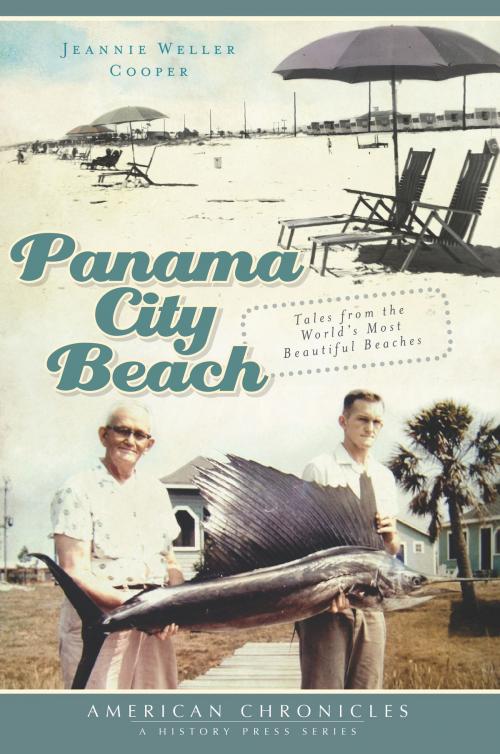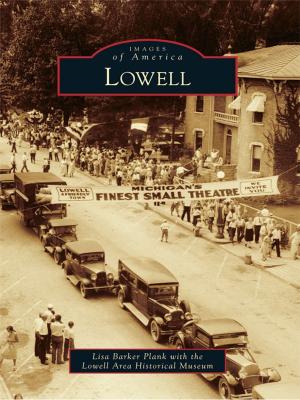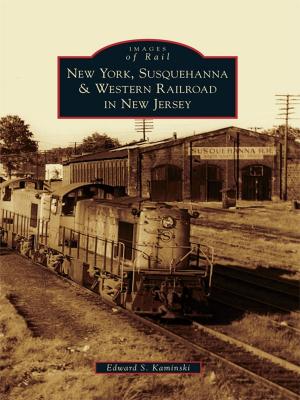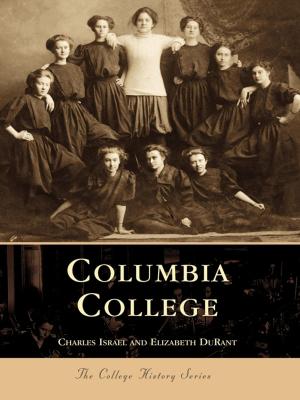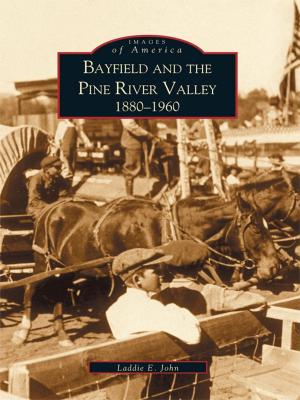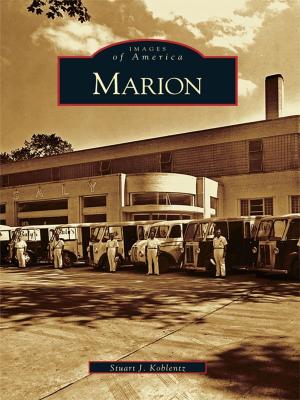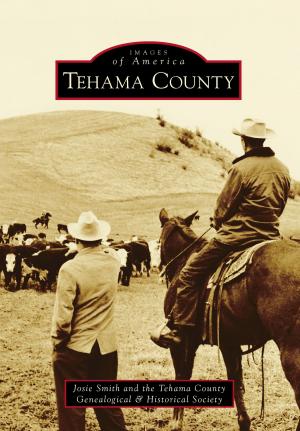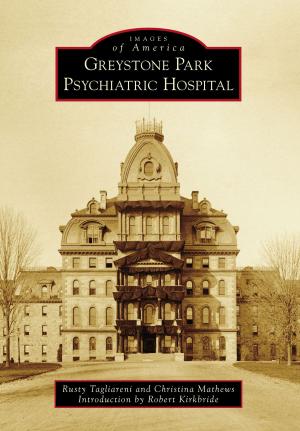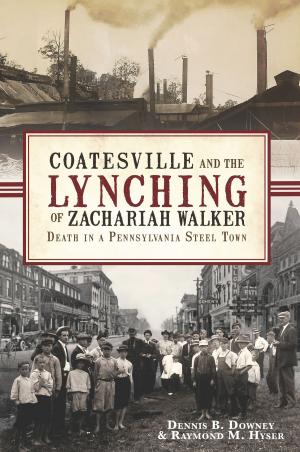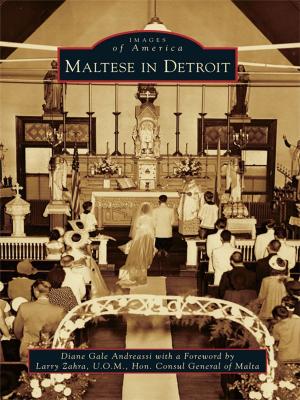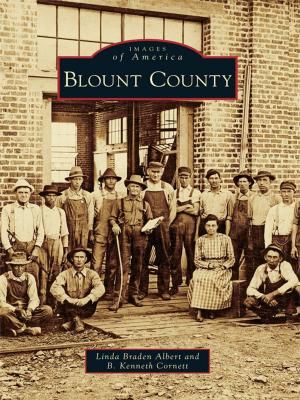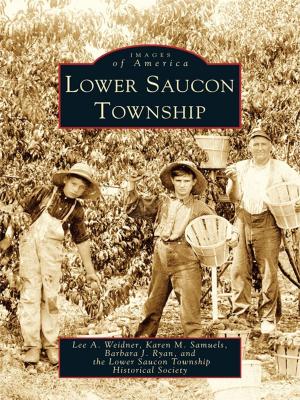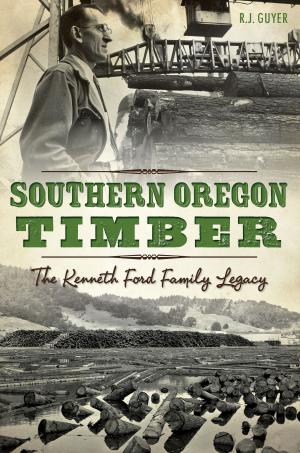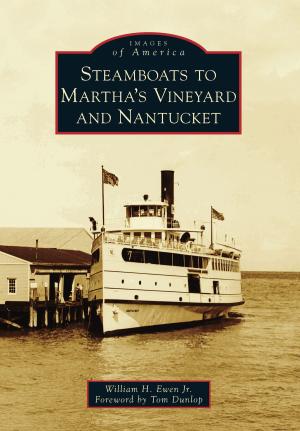Panama City Beach
Tales from the World's Most Beautiful Beaches
Nonfiction, History, Americas, United States| Author: | Jeannie Weller Cooper | ISBN: | 9781625841407 |
| Publisher: | Arcadia Publishing Inc. | Publication: | November 4, 2011 |
| Imprint: | The History Press | Language: | English |
| Author: | Jeannie Weller Cooper |
| ISBN: | 9781625841407 |
| Publisher: | Arcadia Publishing Inc. |
| Publication: | November 4, 2011 |
| Imprint: | The History Press |
| Language: | English |
In a collection of nostalgic and lighthearted vignettes, local author Jeannie Weller Cooper recounts the history of Panama City Beach, the barrier islands and beach for old Panama City. First inhabited by Native Americans in the years before the Spanish arrived in the sixteenth and seventeenth centuries, Panama City Beach has always proved a good hideout for fugitives, from Native Americans fleeing from European invaders to runaway slaves, Civil War soldiers, outlaws and rumrunners. In 1929, the first Hathaway Bridge was completed; connecting Greater Panama City to the beach, but the lagoon and the beach remained a sleepy curiosity until the bombing of Pearl Harbor mobilized the United States to war. Now Panama City Beach is home to thousands of residents, as well as being a renowned tourist destination.
In a collection of nostalgic and lighthearted vignettes, local author Jeannie Weller Cooper recounts the history of Panama City Beach, the barrier islands and beach for old Panama City. First inhabited by Native Americans in the years before the Spanish arrived in the sixteenth and seventeenth centuries, Panama City Beach has always proved a good hideout for fugitives, from Native Americans fleeing from European invaders to runaway slaves, Civil War soldiers, outlaws and rumrunners. In 1929, the first Hathaway Bridge was completed; connecting Greater Panama City to the beach, but the lagoon and the beach remained a sleepy curiosity until the bombing of Pearl Harbor mobilized the United States to war. Now Panama City Beach is home to thousands of residents, as well as being a renowned tourist destination.
